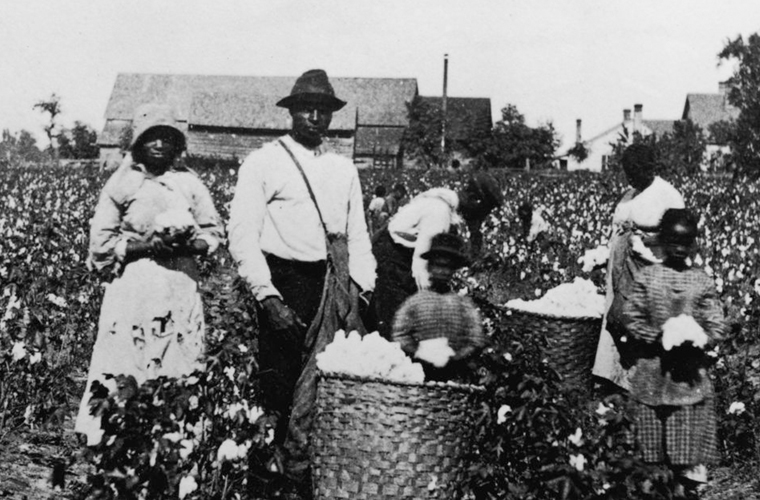The history of enslaved people in America is a complex and painful one, spanning over three centuries and involving millions of individuals. The practice of enslaving people began in the late 16th century when European explorers and traders arrived in Africa and began to capture and transport Africans to the Americas as slaves. The transatlantic slave trade continued for over three centuries and is estimated to have transported around 12 million Africans to the Americas. Enslaved people were primarily used for labor in agriculture and mining, with the majority working on plantations producing cash crops such as tobacco, cotton, and sugar.
Enslaved people were treated as property and had no legal rights. They were forced to work without pay under brutal and inhumane conditions and were subject to physical, sexual, and psychological abuse. Enslaved families were often separated, with parents and children sold to different plantations or owners.
The slave trade was abolished in the United States in 1808, but slavery itself continued until the end of the Civil War in 1865. The abolitionist movement gained momentum in the mid-19th century, with activists working to raise awareness of the horrors of slavery and to press for its abolition. The Underground Railroad, a network of secret routes and safe houses, helped to facilitate the escape of enslaved people to freedom.
The Civil War fought from 1861 to 1865, was fought in part over the issue of slavery. The Union victory in the war led to the passage of the 13th Amendment to the U.S. Constitution in 1865, which abolished slavery and involuntary servitude in the United States. Despite the end of slavery, formerly enslaved people faced significant challenges in achieving full citizenship and equal treatment under the law. Jim Crow laws, which enforced racial segregation and discrimination, were put in place in the Southern states, and institutionalized racism continued to be a major issue in American society.
The legacy of slavery continues to impact American society today, particularly in areas such as race relations, economic inequality, and social justice. The struggle for civil rights and equal treatment under the law continues to be a major issue in American society, and the ongoing legacy of slavery remains an important part of that struggle.


